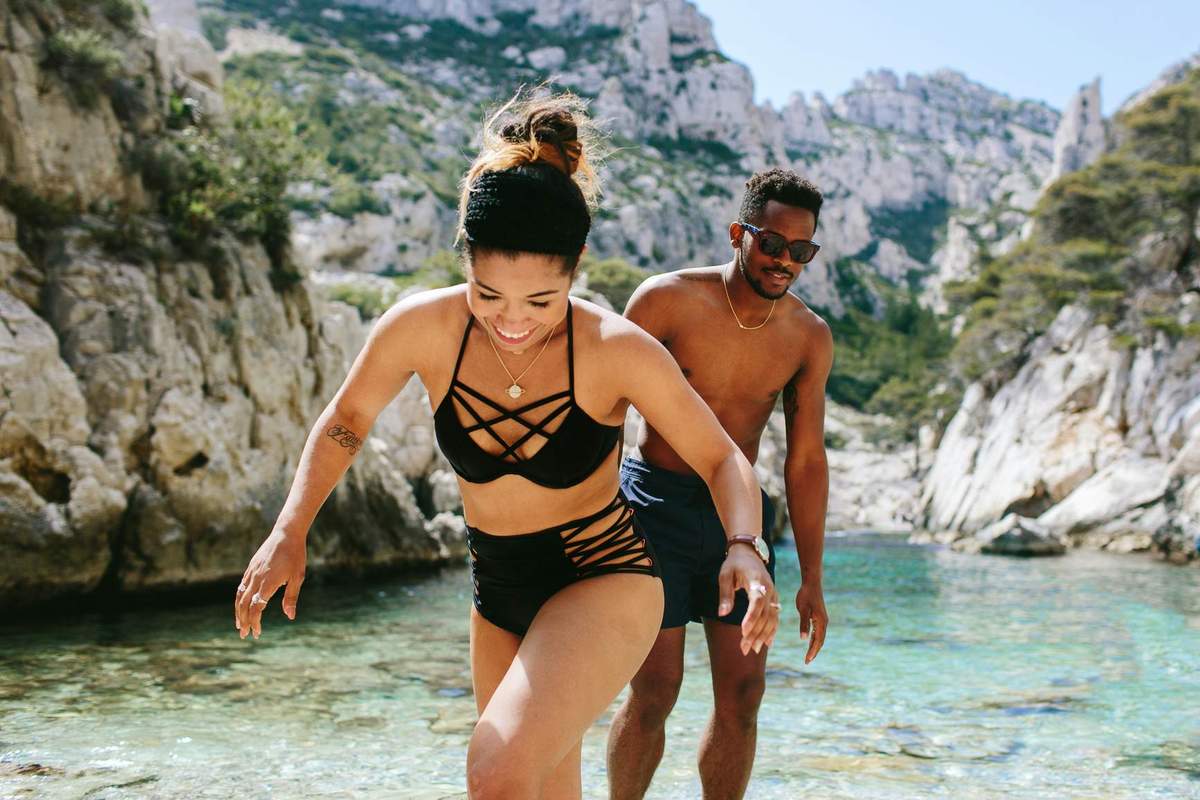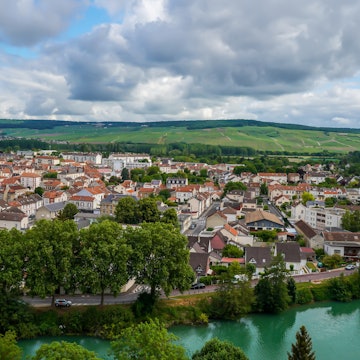
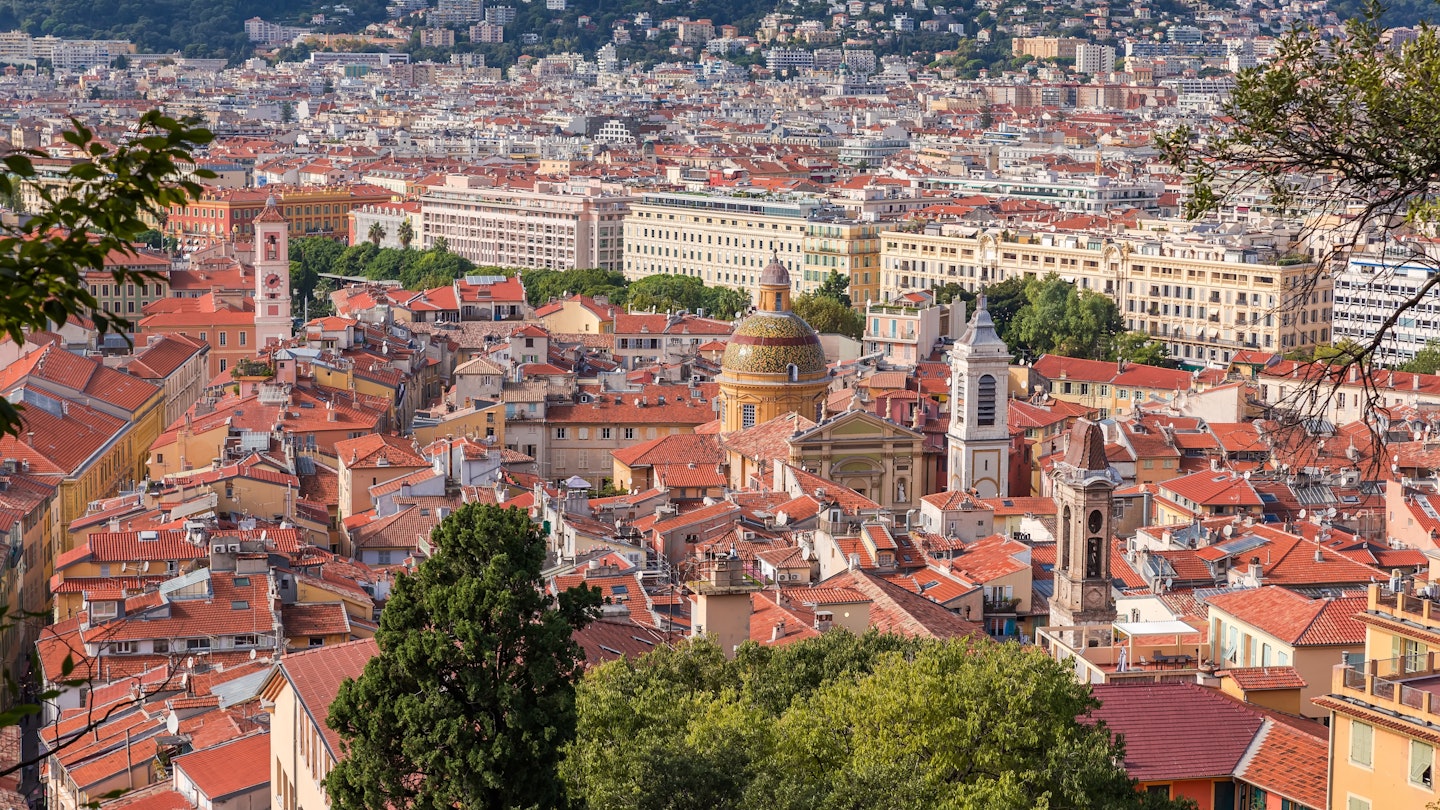
Before you hit the promenade, here are some of the things you need to know about the city of Nice. anmbph/Shutterstock
The queen of the French Riviera, Nice drips elegance and panache from every belle époque palace, baroque chapel and Mediterranean-blue chair on the prom. The capital of France's celebrity-stalked Côte d’Azur might be modest in size, but the choice of things to see and do in this iconic coastal town stretches well beyond bracing strolls along Promenade des Anglais and lizard-lounging on bum-numbing pebbles on the seashore.
Plan on lingering more than a couple of days to properly get under the sun-kissed skin of this ancient Greek-founded settlement and wildly popular modern seaside hub. Advance planning is the key to getting the most out of your visit to Nice – book too late (or not at all) and you might miss out on live jazz beneath the stars at the open-air Théâtre de Verdure, or a table for the best of modern Niçois gastronomy at Flaveur.
Here’s what you need to know to ensure smooth sailing on a trip to Nice.
1. Plan ahead to bag tickets for the best events
Flagship events such as the Nice Jazz Festival in August, and February’s Carnaval de Nice (for those keen to watch the parades from the comfort of a seat in a stand), require planning months in advance. Ditto for world-famous dates such as the Monaco Grand Prix or the Fête du Citron (Lemon Festival) in Menton, which you’ll most likely attend on a day trip from Nice (where accommodation is less hotly contested).
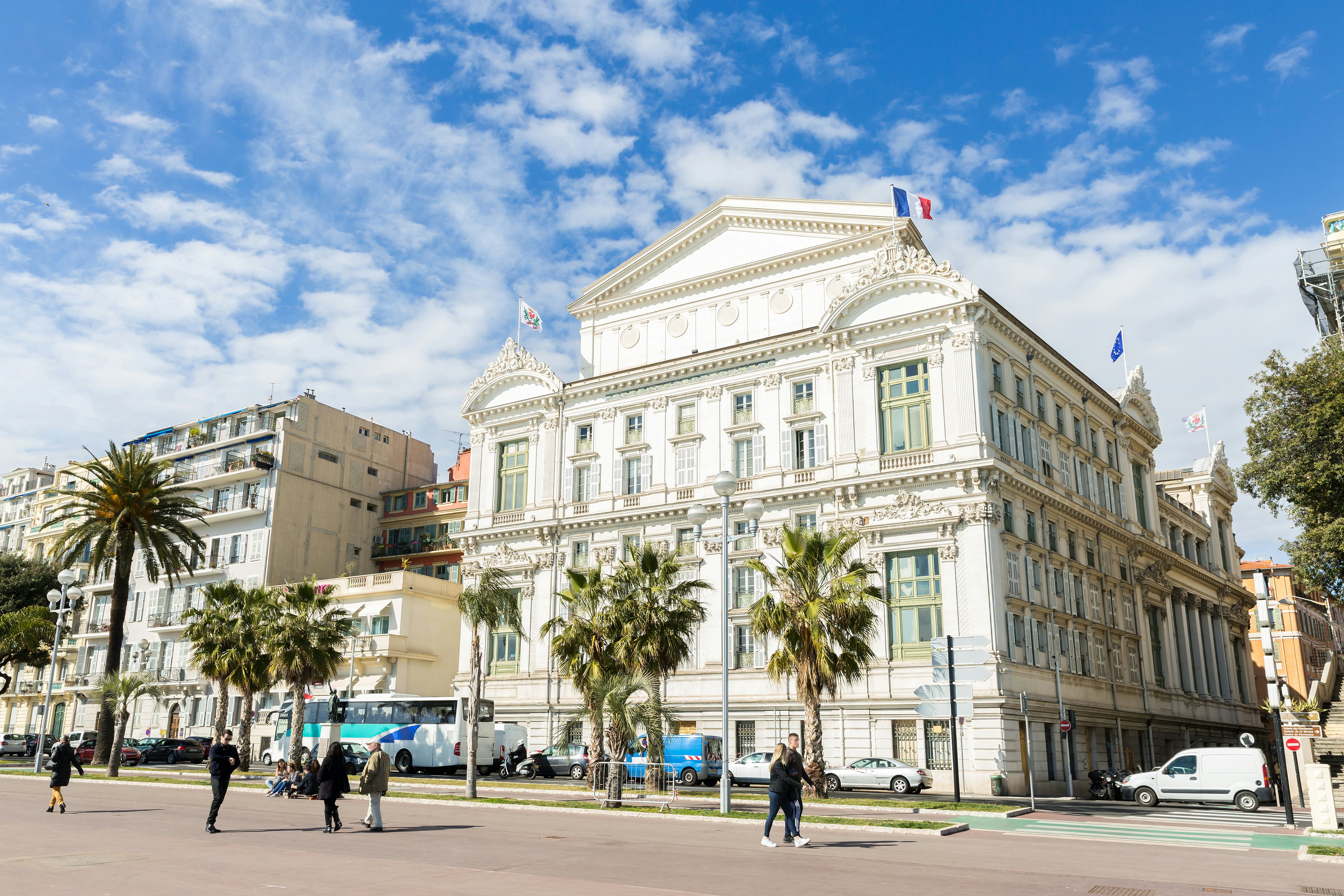
2. Arrange a night at the opera
The show season at Nice’s hallowed Opéra Nice Cote d’Azur runs from September to June, and tickets for operas, classical concerts and ballets at this grandiose 19th-century opera house sell like hotcakes. Buy tickets a few weeks ahead and pack something a little more formal to wear to fit in.
3. Book tables in advance for the city’s foodie hotspots
Nice has plenty of old-town bistros, neighborhood eateries, caves à manger (wine bars) and sea-gazing restaurants that require no table reservations. But you should book tables at least a couple of weeks in advance to ensure you don’t miss out on the perfect plate of petits farcis (stuffed vegetables) or socca (chickpea pancakes) or the creative contemporary gastronomy of such Michelin-starred chefs as Tourteaux brothers at Flaveur, Michaël Gracieux at L’Aromate or South African chef Jan Hendrik van der Westhuizen at Jan.
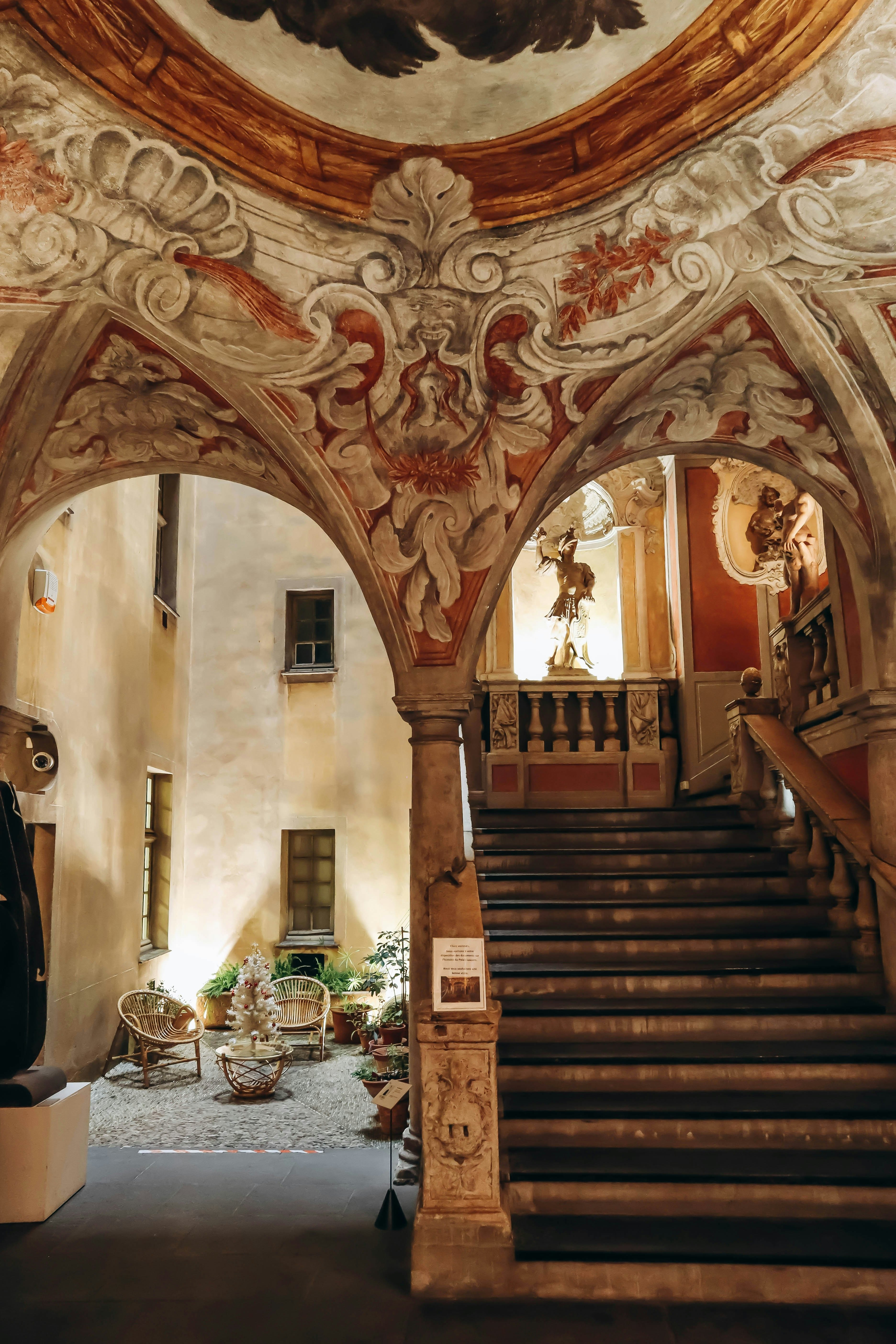
4. Consider buying a Pass Musées
If you’re planning on visiting several of Nice's museums, buy a Pass Musées online or at the tourist office. Costing €15/$17 and valid for four days, the pass covers admission to all municipal museums and galleries. A single entry to just one museum costs €5 or €10 ($6-12) depending on the museum, so you only need to visit a couple to justify the cost of the pass.
When plotting your museum itinerary, investigate which temporary exhibitions and events are on – keep tabs on what’s happening via the Musées de la Ville de Nice Facebook page.
…or a French Riviera Pass
If your Nice itinerary includes day trips to neighboring hot spots such as Monaco, Èze, Marineland in Antibes or the belle époque Villa Ephrussi de Rothschild in Saint-Jean-Cap-Ferrat, it's well worth investing in a French Riviera Pass. The pass costs from €30 ($34) for one day to €65 ($74) for three days, and it includes fun activities like a half-hour Segway tour, bicycle and e-scooter rental, champagne at the city casino, a stand-up paddle boarding session, wine-tasting and more, as well as admission to dozens of museums and monuments in Nice and along the Riviera.
5. Cut your carbon footprint using e-bikes, public transport and boats to explore
Don’t even contemplate arriving in Nice by car; downtown traffic and parking are equally tiresome. Get around on foot, and for longer distances, by public transport and the shared, free-floating electric bikes - you just need to download the app to book.
Nothing compares to seeing the Côte d'Azur's fabled coastline from the water. Trans Côte d’Azur boats sail east from Nice along the picturesque shoreline to Monaco, passing Villefranche-su-Mer, Cap Ferrat and Èze, and to glitzy St-Tropez via Antibes and star-studded Cannes.

6. Keep bikinis and bare chests for the beach
Don’t walk around the city in skimpy beachwear or bare-chested. Away from the shore, dress as you would in any non-coastal city. In summer, loose-fitting shirts and flowing skirts or baggy shorts are the way to go. Don’t forget a sunhat, sun protection and shades. Once actually on the beach, toplessness is perfectly acceptable and locals aren’t shy!
7. Leave the pebbles where they belong (and the blue chairs too)
It might be tempting to pop a couple of Nice’s signature round galets (pebbles) into your beach bag to paint and craft into a souvenir paperweight back home, but don’t! Each year, some 15,000 cubic meters of gloriously smooth pebbles from the nearby River Paillon are poured onto the beaches along Promenade des Anglais to slow down natural (and human-assisted) erosion. Play your part in preserving Nice’s legendary pebble beach – or risk a fine.
Also, note that Nice’s iconic blue chairs – a permanent fixture on the waterfront since the 1950s – belong on Promenade des Anglais. Do not move them onto the beach or, heaven forbid, attempt to take them home with you.
8. Dress up, not down, when dining out
This is France's glam coast, so bring some posher outfits and dress up for nicer mid-range restaurants, clubs and bars – no jeans and sneakers (though black or "smarter" jeans are usually acceptable).
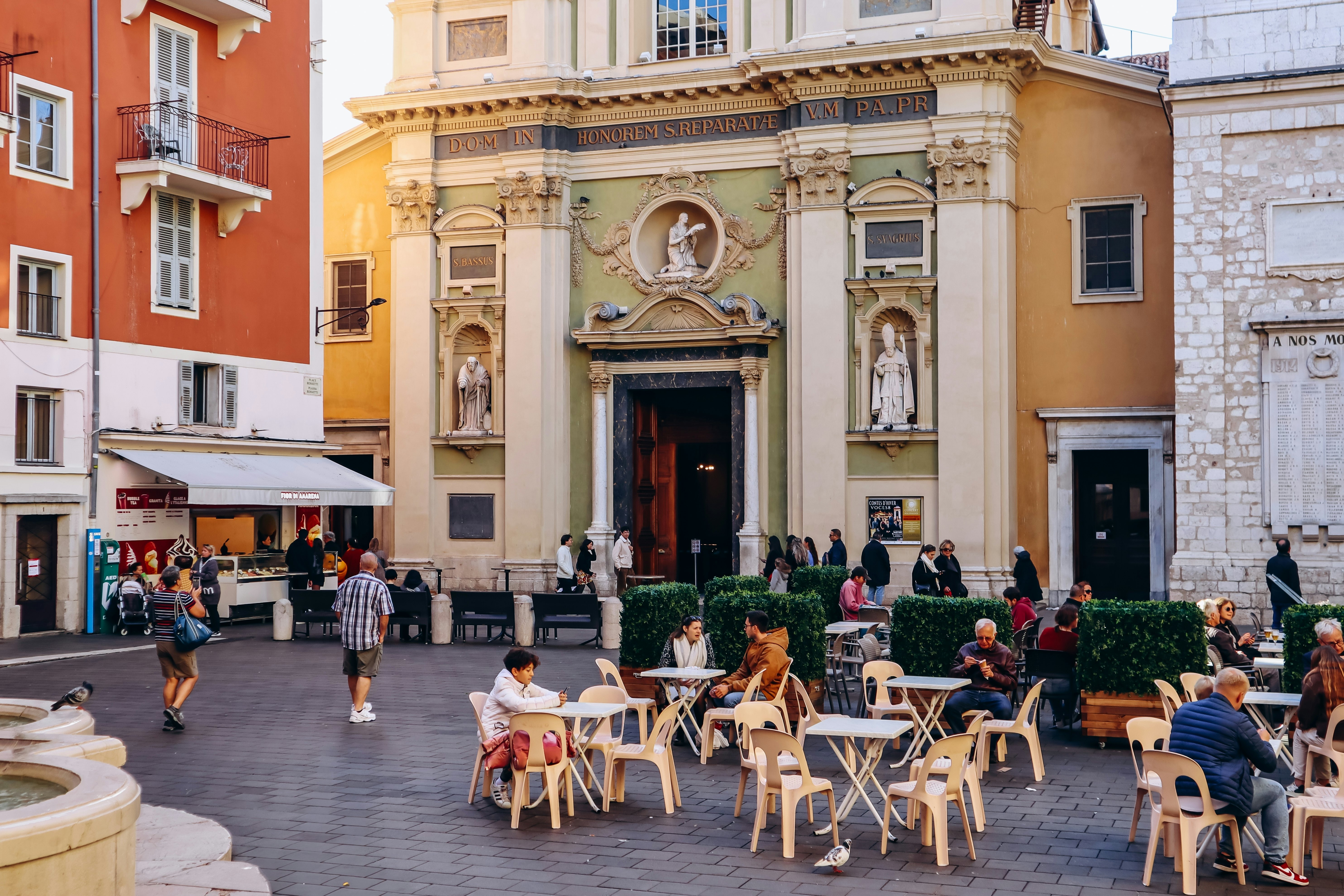
9. Dress modestly when visiting churches
Leave the ultra-short shorts and mini-skirts at home when visiting Cathédrale Ste-Réparate, Chapelle de la Miséricorde and other old-town churches and chapels. Bring a scarf – make that two – to cover bare shoulders and thighs.
10. Bring your own bag or basket to the market
Browsing market stalls piled high with seasonal fruit and vegetables, shiny olives, rainbows of fresh blooms and exotic spices at Vieux Nice’s open-air market on Cours Saleya or the equally jam-packed Marché de la Libération is a Niçois rite of passage. Remember to bring your own basket or shopping bag to carry your purchases.
11. Shop for sustainably-produced "Made in Nice" souvenirs
Vieux Nice boasts ample souvenir shops selling mass-produced tack aimed squarely at tourists. Hunt down artist-supporting ateliers and independent boutiques instead for environmentally-conscious homewares, culinary products and hand-crafted goods produced by local artisans, craftsmen, farmers, producers and fashion designers. On-trend concept and vinyl store Evrlast on rue du Lycée in Vieux Nice is a good starting point.
Maison Auer has sold Nice’s famous fruits confits (crystallized fruits) to the sweet-toothed since 1820. If wine is your nectar, discover small-batch wines from the Alpes-Maritimes and Var regions at trusted 1940s wine shop Cave de la Tour in Vieux Nice. Or buy direct from a local chateau. Wine curios will be instantly smitten by Château de Bellet, one of France’s teeniest appellations, hidden high in the hills 9km (5.6 miles) northwest of Nice. Call ahead to arrange a vineyard tour, cellar visit and dégustation (tasting) before you buy.

12. Drink pastis and rosé like a Niçois
Pastis is France's most iconic aperitif – drinking it at any time of day is acceptable. When ordering, asking for "un pastis" would be like asking for "a beer" – instead, check the drinks menu and order by brand. Ricard and Pastis 51 are the most common, but there are plenty of artisanal brands spiced with local botanicals. Pastis de Nice blends 26 plants and spices from Nice’s mountainous hinterland.
Alternatively, opt for a glass of chilled rosé crafted in a Provence winery. Bistros and restaurants typically serve Côtes de Provence or Côteaux d’Aix as their highly affordable house wines. To try the grown-up stuff, indulge in a tasting session at Rosé, a wine bar single-mindedly focused on the rosé wines for which southern France is rightly famous.
13. Avoid restaurants touting "menus touristiques"
Nice has its fair share of restaurants targeting a less-discerning tourist crowd. Skip the restaurants touting a "menu touristique" – follow locals instead to authentic eateries, with menus only in French and kitchens fueled by seasonal produce sourced from regional farmers and artisan producers.
14. Never order a cappuccino to end a meal
Cappuccino is an Italian import – in France, un café (a short, sharp espresso) is the only self-respecting choice.
15. Ditch bottled water for tap water
Tap water is safe to drink in Nice, and ordering une carafe d’eau (a jug of tap water) rather than bottled water in restaurants saves euros and reduces plastic consumption.
Bring your own water bottle to fill up while roving around town. There are free drinking fountains spouting eau potable (drinking water) in both terminals at Nice-Côte d’Azur Airport and in various spots around town. You can also find taps in the public shower-blocks on the beachfront along Promenade des Anglais.

16. Beware of pickpockets and petty thieves
As in any other city, keep your wits about you. Beware of pickpockets in tourist-crowded areas such as Vieux Nice’s Cours Saleya markets, and on trams and buses into town from the airport. Don’t leave personal belongings unattended on the beach – your valuables are safer left back at your hotel.
17. Watch for stinger jellyfish
If you notice a lack of people jumping into the shallows or swimming further out to sea, it's usually for a good reason. Mauve stinger jellyfish (Pelagia noctiluca) plague the Med at certain times of year, particularly in August. Ask around before entering the sea, and take the lead of locals – if they’re steering clear of the water, do the same.






